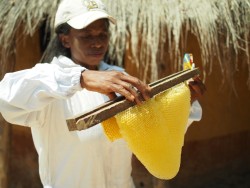South Sudan lays the foundations for trade
South Sudan is pursuing regional, continental and international trade. Africa’s youngest country, with a population of just over 12 million people , is already a member of the EAC. With the support of the EIF and other Aid for Trade (AfT) development partners, it aims to become a member of the WTO and the AfCFTA.
Oil revenues, which make up more than 90% of the country’s exports, have played an important part in the country’s progress since its independence from Sudan in 2011. However, the Government of South Sudan recognizes that this is not a sustainable option to lift the population out of poverty, internal conflict, and persistent humanitarian crises, all of which are compounded by vulnerability to climate change and natural disasters. Agriculture employs 95% of the population – but only about 4% of South Sudan’s vast arable land is under cultivation due to insecurity.
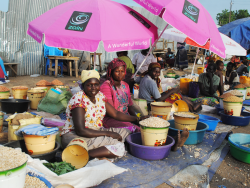
Issue 47: Updates from the world of trade and LDCs
Image
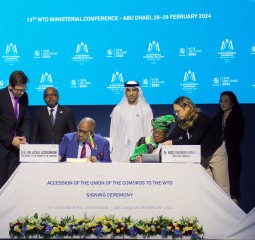
Mailchimp Url
https://mailchi.mp/wto/eif-newsletter-15683407
Reversing the decline in LDCs' services exports post-pandemic
• Although the services sector has emerged as a new engine of economic growth, the lingering effects of the COVID-19 pandemic have severely affected services exports from the least developed countries (LDCs), with an approximate loss of almost USD 29 billion in foregone exports over the past three years.
• While global services exports have rebounded from the shock of the COVID-19 pandemic, the recovery in the LDCs is lagging, potentially with long-term consequences for achieving the ambitions of the Doha Programme of Action for the LDCs and several Sustainable Development Goals.
• Urgent actions by the LDCs and their trading and development partners to improve utilization of the WTO Services Waiver, incentivize foreign direct investment (FDI) and technology transfer, promote regional trade initiatives, leverage Aid for Trade, and address the digital divide can help reverse this trend, enabling the LDCs to benefit from a services-led transformation.
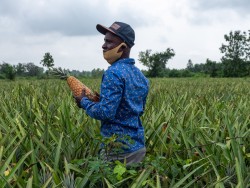
Paloma Diaz Portillo
Paloma joined the Executive Secretariat for the EIF in February 2024, serving as a Secretary. In her current capacity, she assists with secretarial and administrative processes to support the programme.
Before joining the EIF, she did an internship as a Junior Assistant at the Wallonia Export-Investment Agency in Riga, where she provided assistance to Belgian enterprises in their exporting initiative.
Paloma holds a Bachelor's degree in Interpretation and Translation and a Master's degree of Intercultural Translation from the University of Mons in Belgium. She speaks French, English and Russian.
Secretary

Lessons from Cambodia: how it is outgrowing its least developed status through openness
The Doha Programme of Action for LDCs (least developed countries), adopted by UN member states in 2022, emphasizes that LDCs need assistance to help them graduate from their least-developed status and outlines a smooth transition plan.
Some LDCs, however, are using their own proactive strategies to not only graduate from the LDC category but to do so on a solid footing that ensures a sustainable and irreversible graduation.
Cambodia, which is projected to graduate from LDC status by 2027, is one such country. The country has even taken bold steps to expedite its transition to an upper-middle-income country by 2030 and a high-income country by 2050.
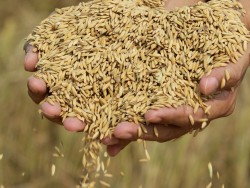
Issue 46: EIF Interim Facility
Image
Mailchimp Url
https://mailchi.mp/wto/eif-at-the-wto-the-eif-interim-facility
How to bee successful: Zambia diversifies its trade profile
With support from the EIF, Zambia intensified its trade growth and diversification efforts directed at different levels to achieve systemic improvements. These were: first, on strengthening linkages to both the private sector and the Government around key products, such as honey; second, on building the institutional capacity of the Government and trade-related organizations, mainstreaming trade in the country’s development framework, and improving the trade regulatory environment; and third, exploring new markets for Zambian products.
